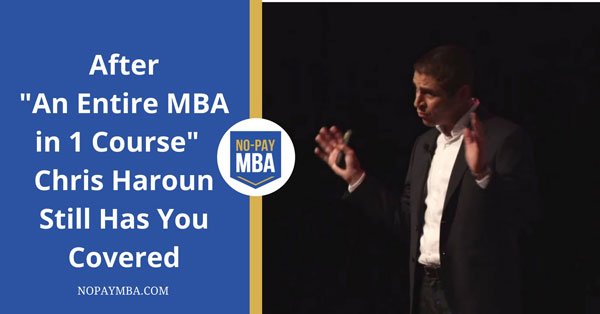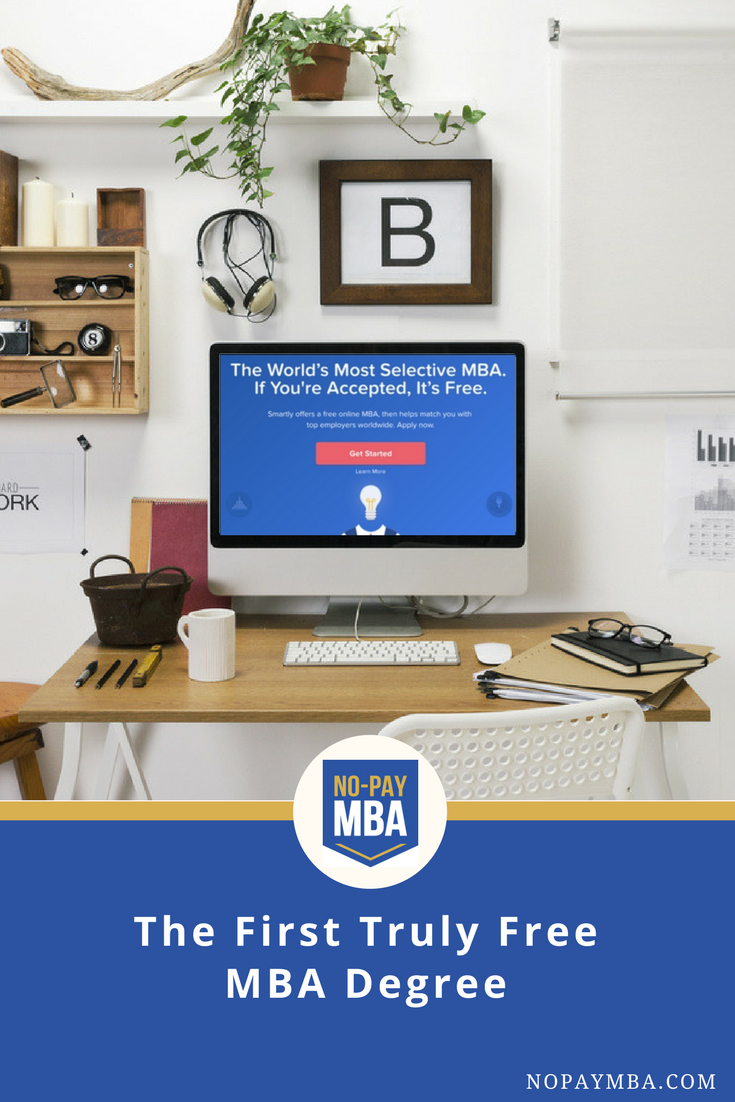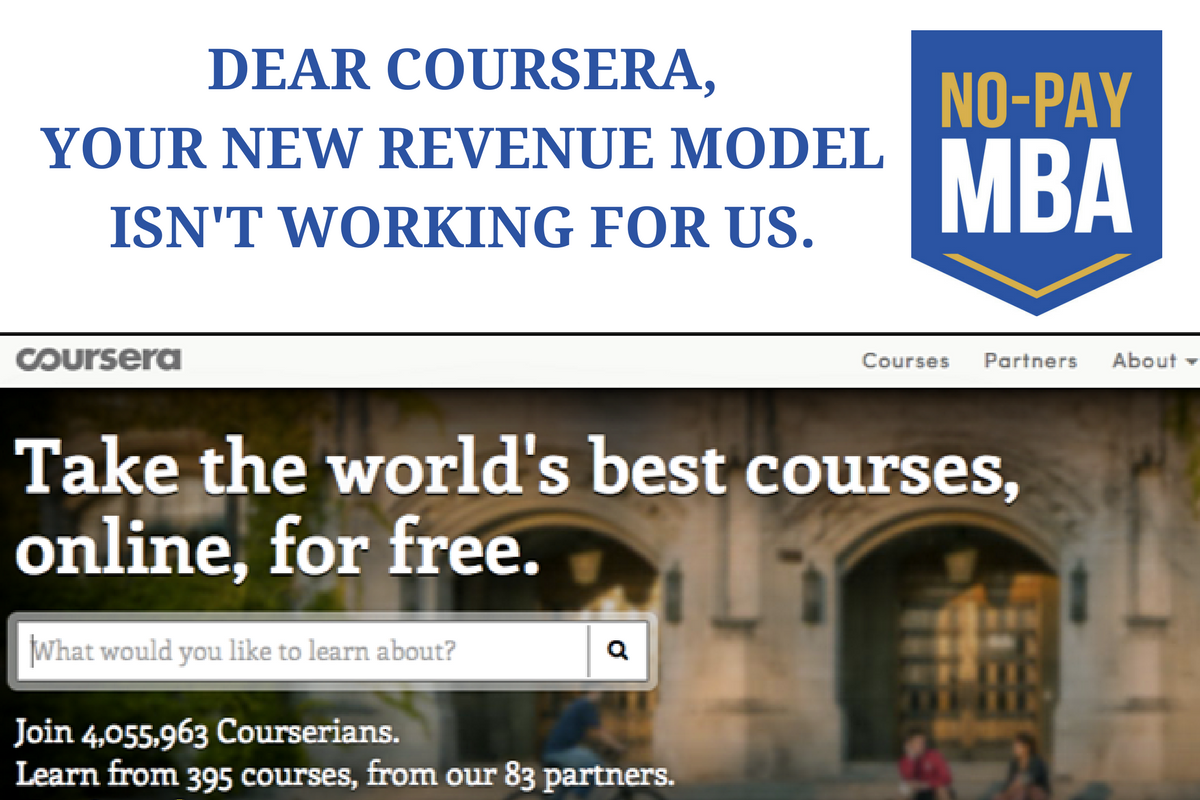After “An Entire MBA in 1 Course” Chris Haroun Still Has You Covered
This Silicon Valley venture capitalist turned Udemy entrepreneur will teach you everything you need to know to succeed in business.

Note: This post contains affiliate links.
Chris Haroun has found a calling. Having spent time in a variety of high-profile business careers, including financial analysis, management consulting, and Silicon Valley venture capitalism, he now spends his days creating courses as one of the most popular instructors on the learning platform Udemy.
I first wrote about Chris Haroun’s blockbuster Udemy course An Entire MBA in 1 Course back in 2016. Especially after having taken so many academic business school courses from the major MOOC platforms, I was impressed by how comprehensive, practical, and enjoyable Chris’s course was.
Since then, Chris has created a veritable business school on Udemy. In addition to An Entire MBA in 1 Course, he now has courses on finance, management, accounting, personal productivity, job interviews, and many other topics. Not only that, his flagship course has been translated into 11 languages.
While “online course instructor” may seem an unlikely profession for someone with Chris’s background, it is in fact a perfect fit. As a course creator, Chris is part business professor, part entrepreneur, part life coach. His passion for helping others succeed is palpable in every lesson, as is the creativity that has gone into building his impressive library. (For an example of that creativity, check out the trailer for his new course on presentations and public speaking.)
Furthermore, his courses have made him one of Udemy’s greatest success stories. They have been purchased by more than 250,000 students in 196 countries. Chris sees himself as part of a sea change in higher education. “I feel that this is the last generation of kids that feels like they have to go to university. I think that in the future a lot of people are going to bypass university by just learning concepts online,” he says.
“I think that in the future a lot of people are going to bypass university by just learning concepts online.”
Recently, I got the chance to check out several of Chris’s new courses, those he considers next steps after An Entire MBA in 1 Course. These include The Complete Personal Finance Course, The Complete Presentation and Public Speaking/Speech Course, and The Complete Job Interview, Resume/LinkedIn and Network Guide. As with his original course, I was impressed with the new courses, and would strongly recommend them to anyone studying business, or really anyone.
You’ll find links to the courses I reviewed here (Personal Finance, Public Speaking, Interviewing) as well as at the bottom of this blog post (with a significant discount from the list price on Udemy). For a discount on Chris’s original course, An Entire MBA in 1 Course, click here.
Why I Recommend Chris Haroun’s Courses
They Are Highly Practical
Chris’s courses contain a wealth of information and advice, drawn from his expansive career, life experience and education. He offers practical tips and suggestions that are immediately applicable to both work and personal life. This is stuff they don’t necessarily teach in business school (or anywhere in higher education).
“I went to business school, and they didn’t teach us how to manage our money. How ridiculous is that?!”
Knowing that so many people are missing this critical information, Chris was inspired to create courses to fill those gaps. As he says of personal finance, “I went to business school, and they didn’t teach us how to manage our money. How ridiculous is that?! They teach you how to manage other people’s money, but not your own.”
They Are Highly Engaging
As I mentioned earlier, Chris’s passion for his subject matter - and his students - is obvious. While making courses has been a lucrative venture, it’s clear that Chris isn’t just in it for the money. Just as he recommends in his course on presentations and public speaking, he speaks from the heart. Having taken literally dozens of online courses, one thing that really carries me along is a professor’s enthusiasm and energy. Chris has that in spades. It often feels like he is talking to you directly.
Each course is filled with useful materials and real-world exercises that prepare you for situations you will encounter. For example, The Complete Personal Finance Course contains a fully-featured Excel spreadsheet that walks you through your complete financial picture. Once you have taken stock of your finances, the course (and the accompanying spreadsheet) help you figure out how to improve them. Likewise, The Complete Job Interview, Resume/LinkedIn and Network Guide includes a workbook to help you identify your strengths and help you effectively showcase them.
Chris Haroun Is Incredibly Supportive
At the beginning of all of his courses, Chris says, “Please ask me as many questions as you want to during and after this course. I am here 24 hours a day, seven days a week to humbly help.” And he means it. Last year, Chris answered over 2,000 questions from Udemy students. That’s more than 5 questions every single day.
Chris is just as much coach as he is professor. He speaks often about his own learning experiences, often stemming from mistakes. He’s been there, and he gets it. Sometimes you just need someone to tell you that you can do it. Chris does that, then he shows you how.
In The Complete Job Interview, Resume/LinkedIn and Network Guide, he walks you through how to prepare for an interview step by step. He gives advice on how to mitigate any perceived weakness and how to arrive totally prepared. He even includes templates for materials he suggests you bring to the interview, ensuring that you are the very most impressive candidate.
I am thrilled to announce that Chris is offering a generous discount on his courses to readers of this blog. These courses normally cost up to $200 on Udemy. You can get them here for $19.99 each.
Have you taken one of Chris Haroun’s courses? Tell us what you thought of it in the comments below.













